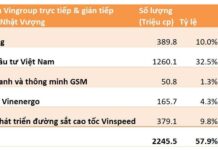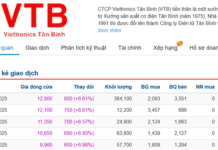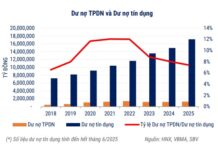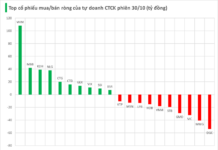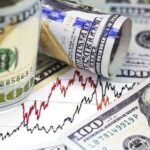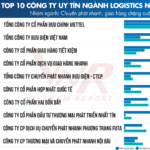The year 2025 is predicted to be far from peaceful as expected. The world is facing geopolitical upheavals, conflicts, instability, and economic issues that have created a challenging phase. Southeast Asia (ASEAN) and Vietnam are not immune to these impacts.
GLOBAL ECONOMY IN 2025: STILL NAVIGATING CHOPPY WATERS
The Spring Plenary of the 17th Vietnam Economic Scenario Forum (VESF 2025) was held with the theme “Breakthrough Solutions to Achieve High Growth and Sustainable Development in the New Era.” The event was organized by the Vietnam Economic Science Association, the Vietnam Association of Small and Medium Enterprises (VINASME), and the Vietnam Economic Magazine/VnEconomy.
Speaking at the forum, Mr. Tim Evans, CEO of HSBC Vietnam, predicted that the global economy in 2025 would still face challenges due to geopolitical conflicts, post-pandemic price shocks, and policy changes under the second Donald Trump administration.
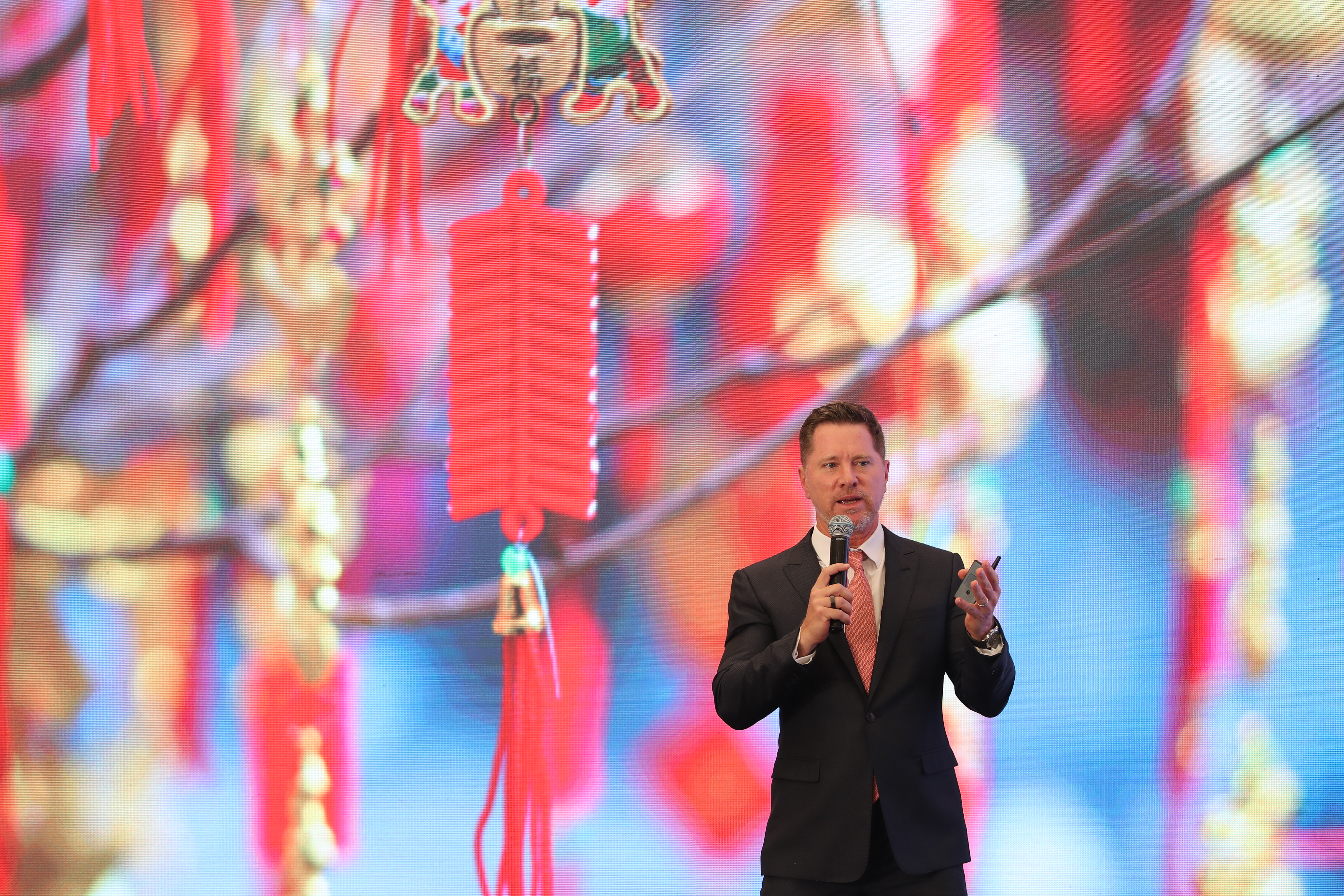
Among these challenges, Mr. Evans highlighted the potential impact of President Trump’s planned tariffs of 60% on Chinese goods and 10-20% on goods from other countries, coupled with inflation risks, which would create greater challenges for global trade than ever before.
Additionally, the CEO of HSBC Vietnam noted that inflation remains a significant concern globally, with HSBC revising its inflation forecast for 2025 from 3.3% to 3.4%. The story of global inflation has become more diverse and unpredictable. In 2025, inflation will be influenced by US tariff policies and the risk of retaliatory actions, while in many countries, inflation risks are driven by rising food prices.
For Asia, this is the Year of the Snake, a symbol of wisdom, dexterity, and flexibility, which are the qualities needed for the region to navigate through challenges and seize opportunities in 2025.
FROM CHALLENGES TO OPPORTUNITIES FOR VIETNAM
In this context, Vietnam, despite achieving an impressive growth rate of 7.09% in 2024, still faces significant challenges. One of the biggest issues is the increasing competition from other countries in the region and the volatility of the global market.
According to Mr. Evans, in recent years, the United States has had the largest bilateral trade deficit with mainland China, followed by the EU, Mexico, and Vietnam in fourth place. Japan, another important trading partner of the US, stands at fifth place.
Therefore, when considering the trade relationship between the US and Vietnam, it is crucial to assess the potential impacts and policy responses that Vietnam can prepare to manage and optimize the benefits from this relationship.
On the other hand, one notable factor is the tax policy between the US and China, which remains a hot issue in global trade. Export products from other regions, including Vietnam, will be affected by these policies.
“While challenges remain, this is also an opportunity for Vietnam to enhance its role in the global supply chain and take advantage of its trade relations with the US and other regions. It is important to closely monitor these fluctuations and adjust policies accordingly to maximize economic benefits while minimizing risks from international market changes,” said Mr. Evans.
The HSBC Vietnam leader also pointed out that since mid-2021, the US dollar has appreciated by about 20% against other major currencies. This means that production in Asian countries, especially in Southeast Asia, will become more competitive when exporting to the US.
“At the same time, another challenge to note is the slowing trend in consumer spending, along with inflation risks. Although Vietnam has done a remarkable job in controlling and managing macroeconomic variables in the past two years, these risks should not be overlooked,” the CEO of HSBC Vietnam analyzed.
Despite the challenges, Mr. Evans believes that the current global context presents enormous opportunities for Vietnam to develop and assert its role in the global supply chain. Vietnam is currently ranked 23rd in exports and 22nd in imports worldwide, with an average growth rate of over 13% since 2007. Vietnam continues to affirm its position as a “rising star” in international trade.
Additionally, its proximity to major economic centers such as Singapore and its political stability make Vietnam an attractive destination for foreign investors. Various free trade agreements (FTAs) have been signed, facilitating the flow of goods and investment into the country.

“These factors not only influence global economic growth but also directly impact individual economies, including Vietnam. As an emerging country in the region, Vietnam will also face new challenges and opportunities.”
For three consecutive years, Vietnam has recorded robust growth in foreign direct investment (FDI), both in registered and realized capital. “Foreign investors appreciate Vietnam’s high-quality human resources, competitive costs, and stable business environment,” said Mr. Evans. “This not only strengthens Vietnam’s role in the global supply chain but also opens up opportunities for the development of ancillary industries and high-tech sectors.”
At the same time, Vietnam has set specific goals, such as becoming a high-income country by 2045 and achieving net-zero emissions by 2050. These are potential areas where Vietnam can leverage to enhance its competitiveness and promote innovation.
“The global trade landscape in 2025 presents challenges but also offers significant opportunities for Vietnam. To seize these advantages, Vietnam needs to continue improving its business environment, invest heavily in infrastructure and technology, and develop effective support policies,” advised Mr. Evans.
“Vietnam Attracts $31.38 Billion in FDI in the Past 11 Months”
According to the latest figures released by the General Statistics Office, foreign investment registered in Vietnam as of November 30, 2024, including newly registered capital, adjusted capital, and capital contributions and share purchases by foreign investors, reached a remarkable $31.38 billion. This impressive figure marks a 1.0% increase compared to the same period last year, showcasing the enduring appeal of Vietnam as a prime investment destination.
The Ultimate Guide to the Leading Logistics Companies: Viettel Post Reigns Supreme in the Express Delivery Sector, While Giao Hàng Tiết Kiệm and Giao Hàng Nhanh Make Their Debut in the Top 5.
Vietnam Report JSC has recently unveiled the Top 10 Reputable Companies in the Logistics Industry for 2024, offering a comprehensive overview of the sector’s performance over the past year.











